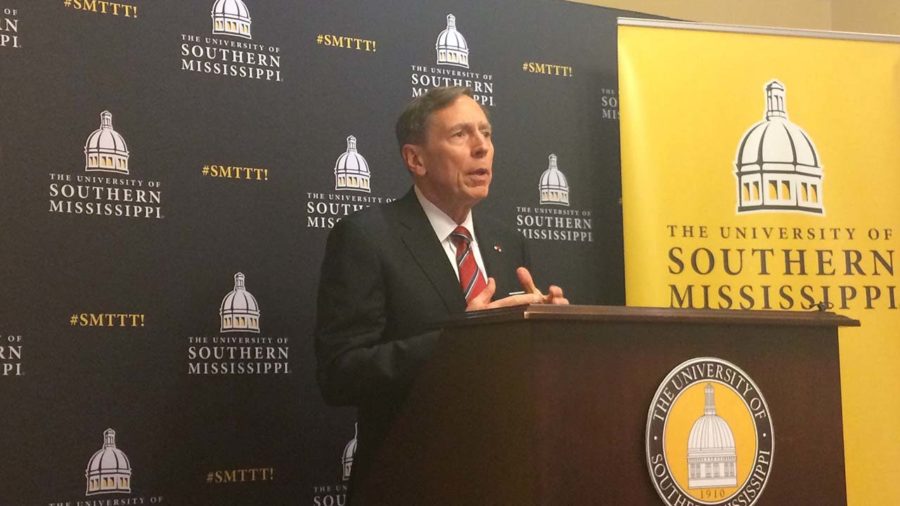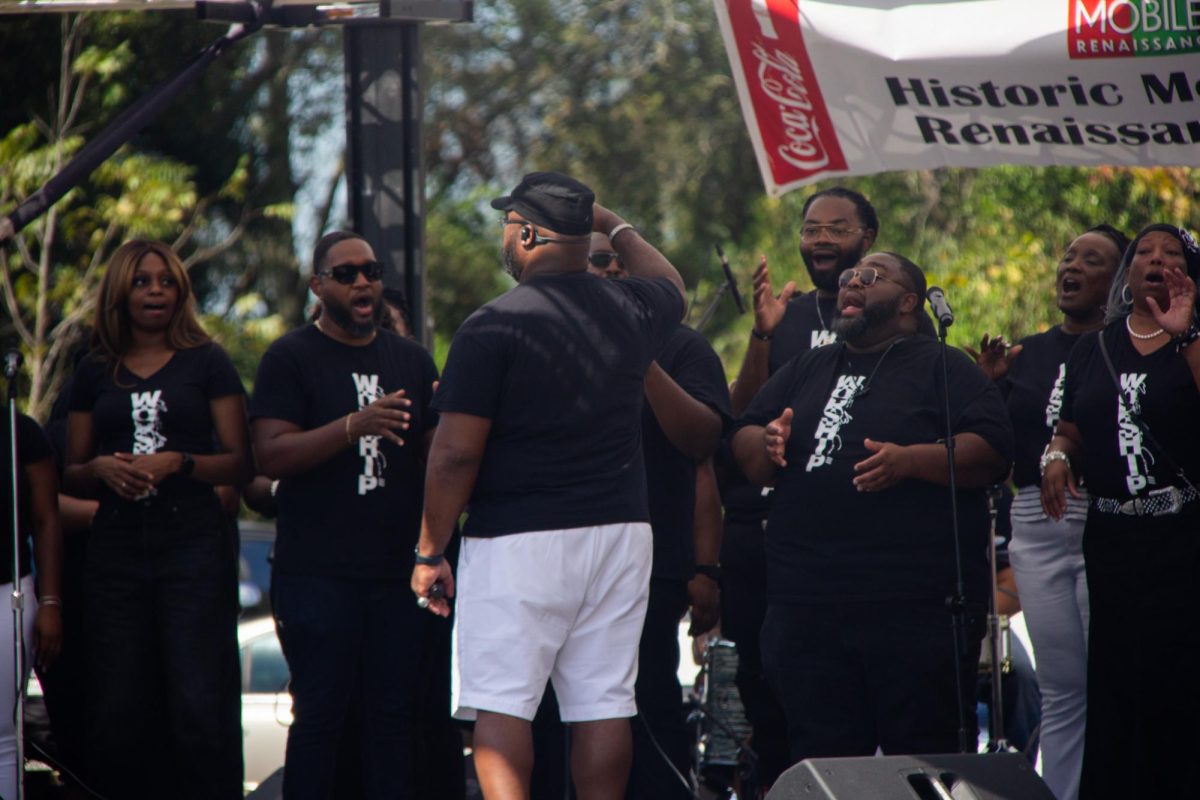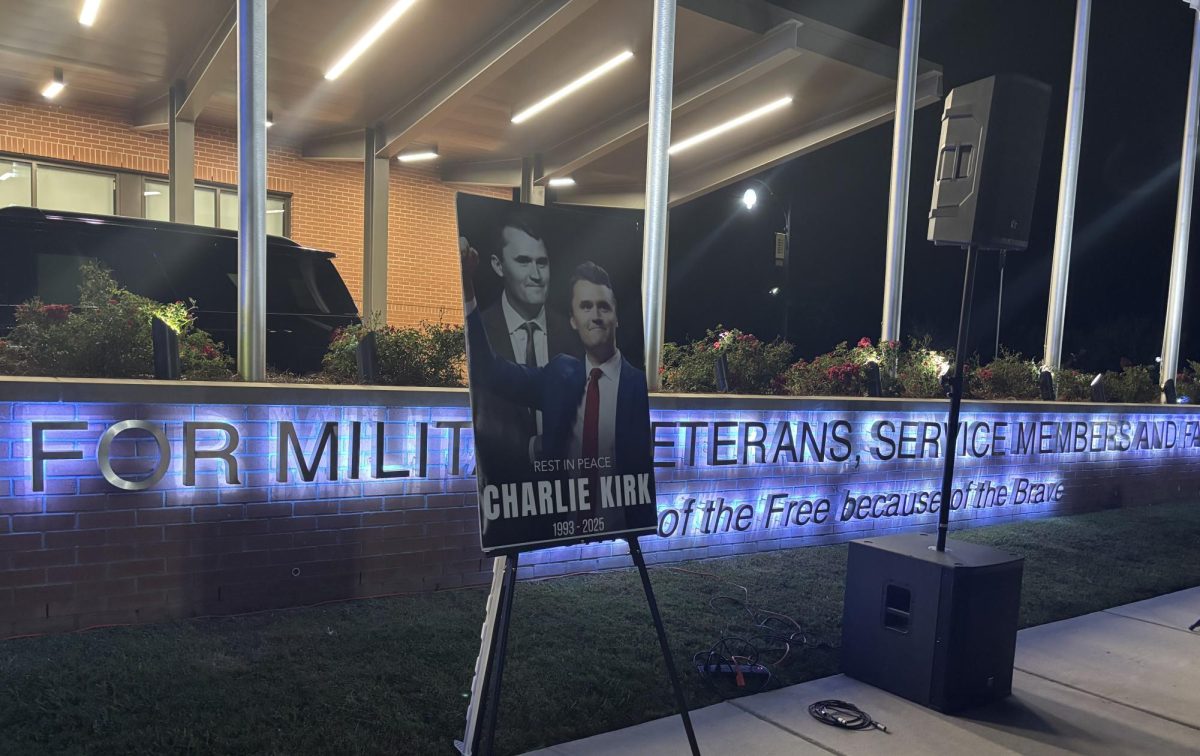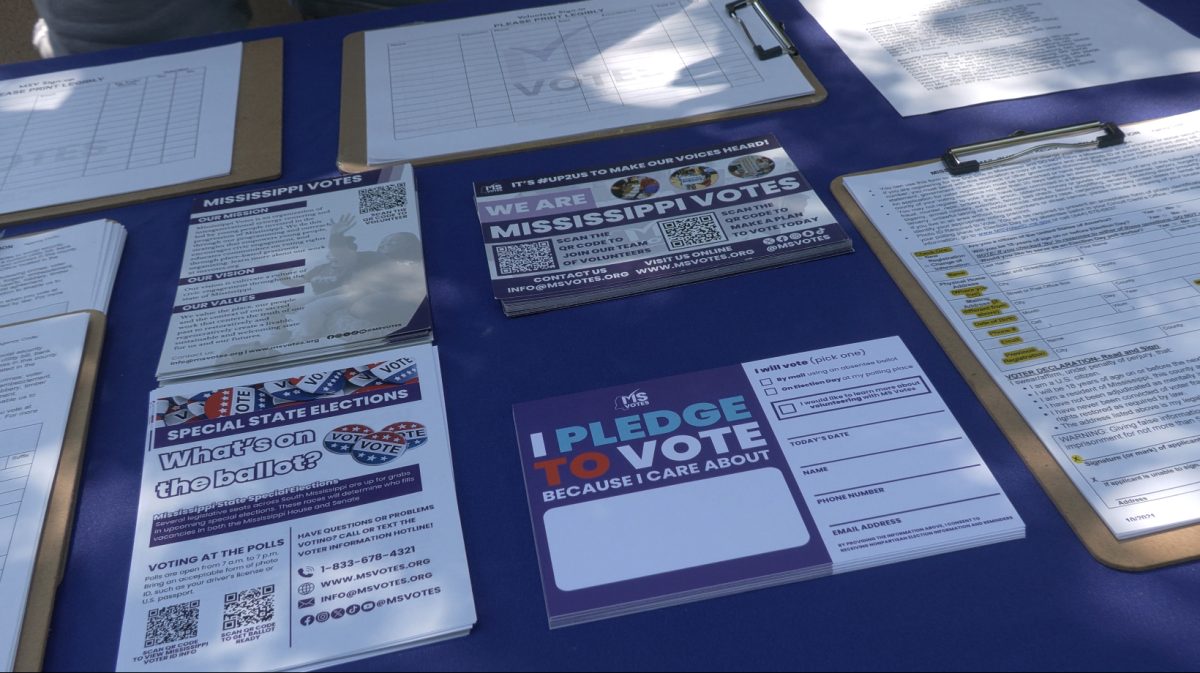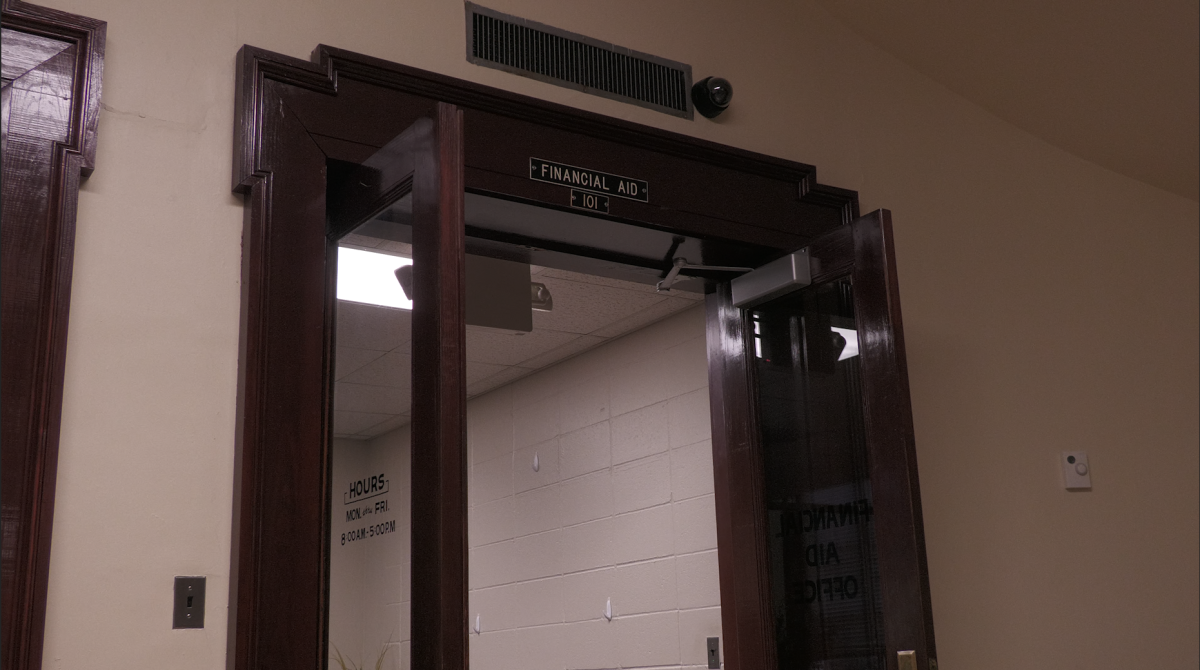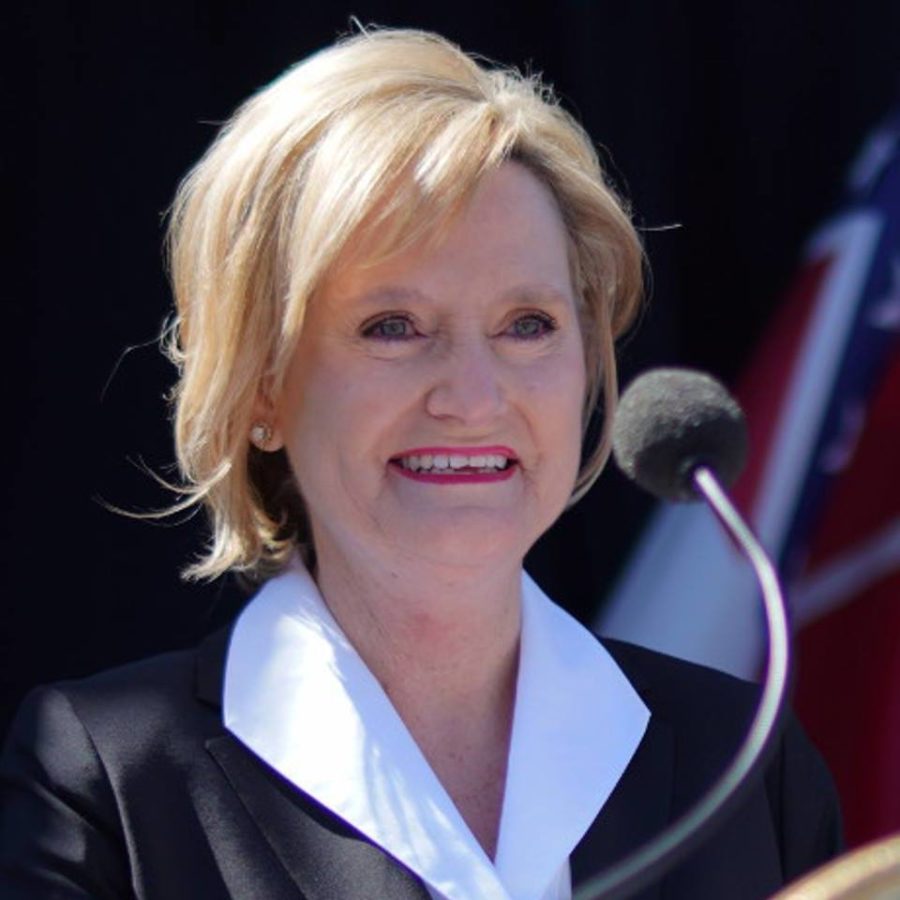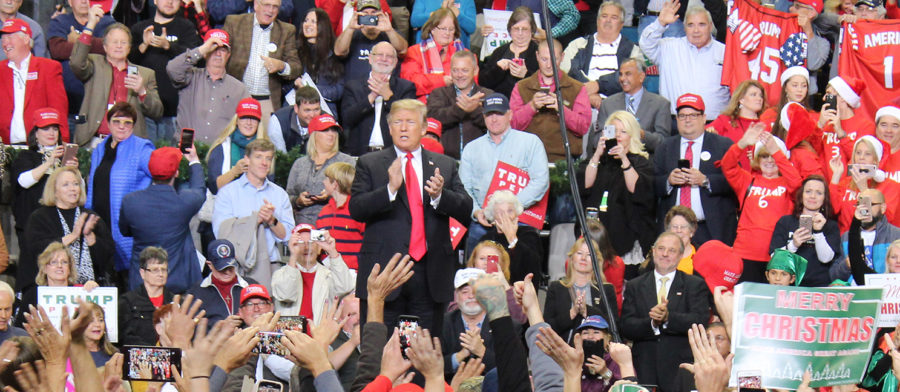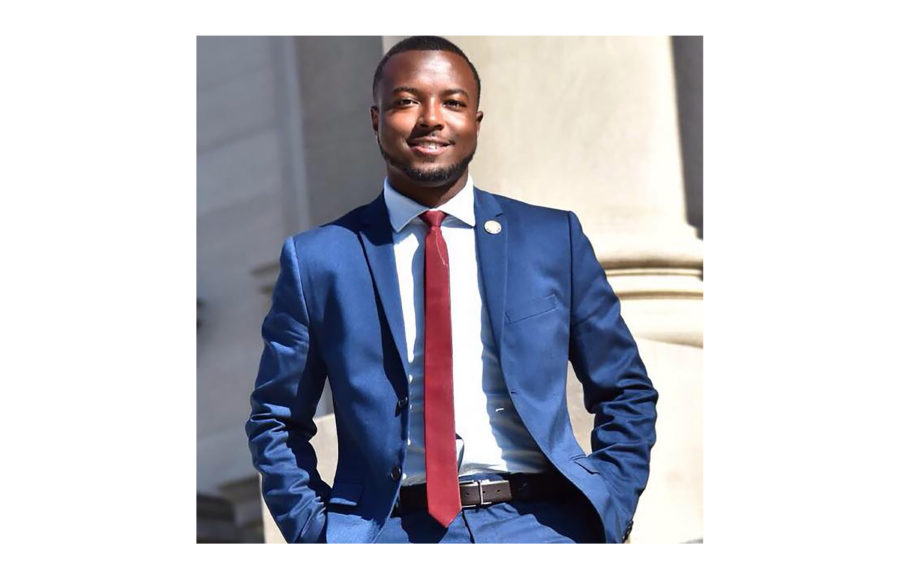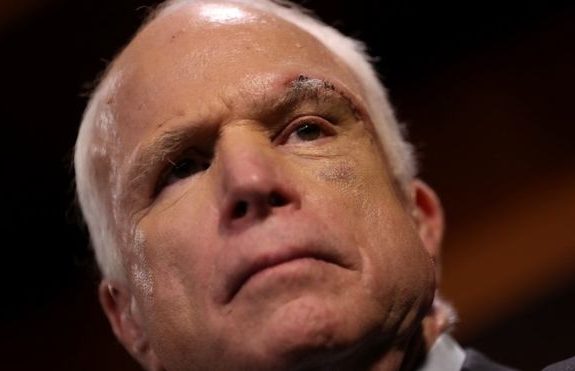General David H. Petraeus, U.S. Army, Ret., spoke on topics of international security and global policy Tuesday to a full house at the Historic Hattiesburg Saenger Theater.
Petraeus is four-star general and former CIA director with a long list of accomplishments. His military career spans over 37 years and he is, according to the Dale Center, “widely credited for changing the course of two wars” and “instrumental in reshaping American military doctrine through a reappraisal of the conduct of comprehensive civil-military counterinsurgency campaigns.”
The talk was part of the Dale Center’s Distinguished Lecture Series and included Petraeus’s assessment of three things: President Trump’s emerging foreign policy, why the United States really went to Iraq and five lessons learned from spending 16 years in the Middle East.
On the first subject, Petraeus offered a disclaimer. He said that he isn’t a registered member of any party, and he hasn’t voted since 2002. He believes that the emerging foreign policy of the Trump Administration represents continuity more than it represents change, but that isn’t necessarily a bad thing because the various people involved are more than competent enough to handle the job.
On Trump himself, however, Petraeus’s feelings were unclear, though he did offer one telling quip.
“He really does believe in what he wrote in ‘The Art of the Deal,’” Petraeus said, referring to the president’s 1987 memoir and business advice book. “You punch the other guy before you sit down.”
Petraeus then talked about why the United States went to Iraq.
“The surge that mattered most was the surge of ideas, the change in policy,” he said, before transitioning into lessons the United States has learned as a result of 16 years of ongoing war in the Middle East.
Petraeus said that Islamists would inevitably exploit ungoverned spaces in the Middle East. He said that it’s not a problem the U.S. can ignore or hope will resolve itself. He said that the U.S. has to lead because it’s the only nation with the necessary assets. He said it was a clash within a civilization rather than a clash between civilizations, and that the U.S. would have to form a coalition in order to fight it. He said the U.S. must craft
and execute a comprehensive policy. And finally, he said that the U.S. must acknowledge that it will be a generational struggle.
Petraeus’s talk was followed by a brief question and answer session, during which an audience member asked him for his best advice.
“Seek out of your intellectual comfort zone,” he said. “Constantly take the path less traveled.”

























